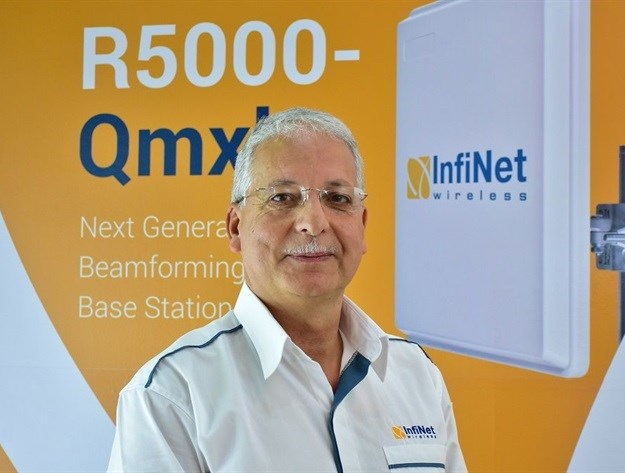Marketing & Media trends
Industry trends
BizTrends Sponsors
Trending
#BizTrends2018: Challenges turning into opportunities

The world is eagerly awaiting the ‘next’ technology. About ten years ago we were in a similar situation, waiting anxiously for the next great thing. However, I believe we will rather see an evolution of technology as opposed to a revolution: using what already exists for new and different applications.
The application of the future will, however, shock the world, as it will be far ahead of our time. It will set the scene for what lies ahead and prepare the world for what seems completely unrealistic today: the ideas will shock the world.
1. Software defined radio (SDR)
Gone are the days of always needing to buy more and more hardware. Things have changed and we're moving towards SDR.
A laptop user, for example, is most likely more interested in the applications and the software on the device than the hardware itself.
The move towards SDR will lead to hardware becoming somewhat transparent to the users. Of course, there is always a minimum performance expectation directly dependant on the selected hardware, but all future changes, features, productivity aspects, and ensuing benefits to the users will be delivered via software.
This is definitely the biggest trend - not just in the IT world - but certainly in the wireless industry.
2. Artificial intelligence (AI)
The other trend - which is fast approaching - is AI. Businesses will need to get up to speed with AI if they are to survive.
This is an area where intelligence has to be decentralised and decision making taken at the remote sites, not just in the base stations. Thanks to AI, network performance will improve significantly. Of course, we as humans will still have to make decisions, but machines can do it so much faster - within microseconds.
Sure, some people will lose their jobs but many new jobs will also be created. Someone has to develop the robots, program and maintain them!
We're actively investing because the future is AI.
3. Challenges now to become opportunities later
The adoption of any new technology takes a long time. If you look at when Wi-Fi first started, there was a lot of opposition from people saying that there will never be a "standard". But look at it now. Wi-Fi is here to stay and for a very long time. It is a challenge to wait and see where the market goes.
WiMAX was the next "revolutionary" technology, but it simply did not live up to expectations and failed to take off in the way everybody wanted it to.
Another emerging technology is LTE, though it's still in its early stages. The challenges we have today with LTE and other wireless technologies are defining their standards. If you take 5G, for example, everyone talks about it, but nobody really knows what it all means. The standard is not yet ratified - is it going to be done next year? Maybe in five years' time? Who knows. Even key industry players and large vendors don't really know - Some want to push 5G one way, others want to do it another way, each having their own view.
We have seen this pattern before with many previously emerging technologies. I think it may take another two to three years before we all start converging.
This means that smaller players cannot develop products which may not even work with our future networks.
This can be seen a challenge now but certainly an opportunity later - especially for smaller companies as they are usually able to react much quicker than the bigger players.
View more ICT trends in the BizTrends2018 special section.
*Kamal Mokrani was interviewed by Ilse Burger.













